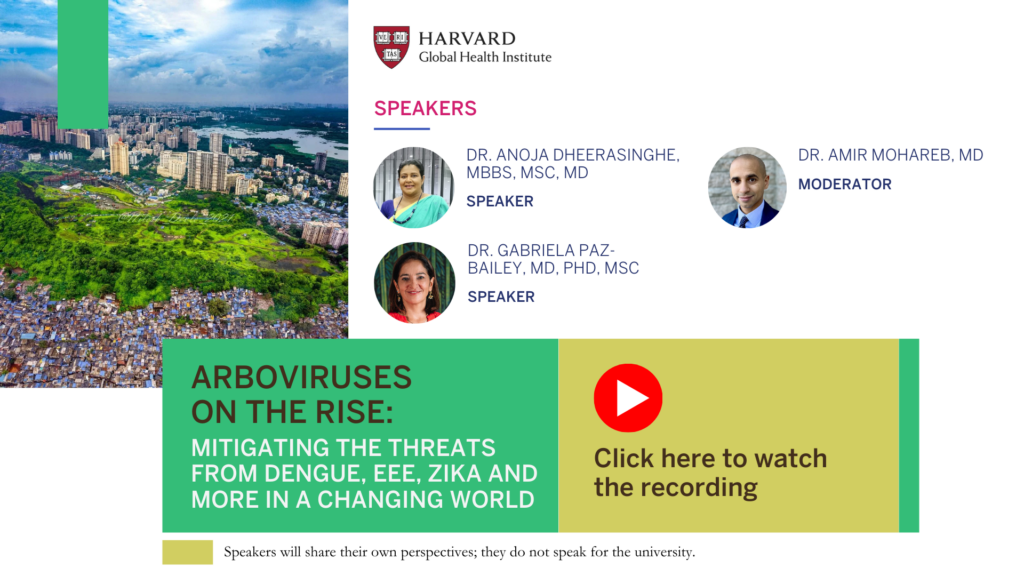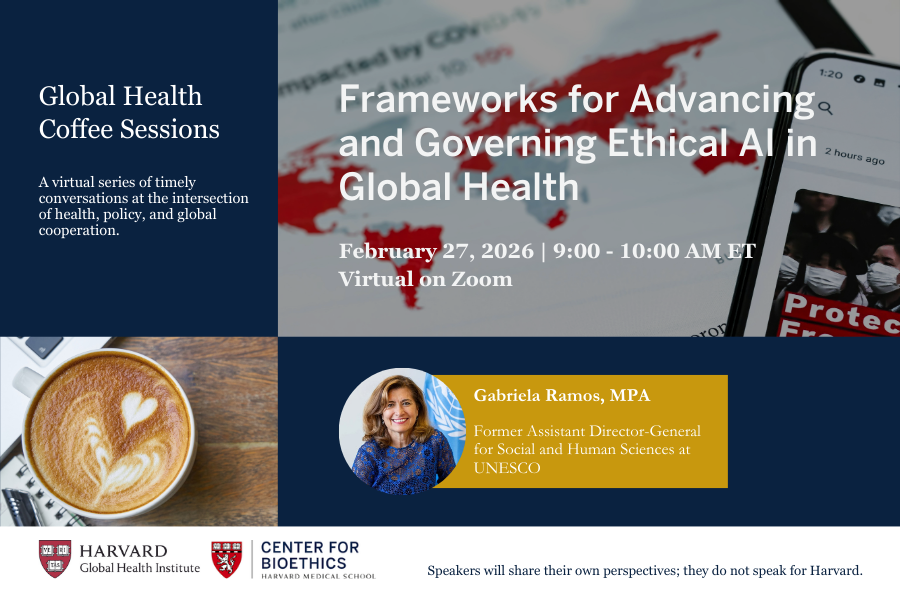
October 15, 2024, 12:00 pm - 1:00 pm
FreeArboviruses on the Rise: Mitigating the Threats from Dengue, EEE, Zika and More in a Changing World
-
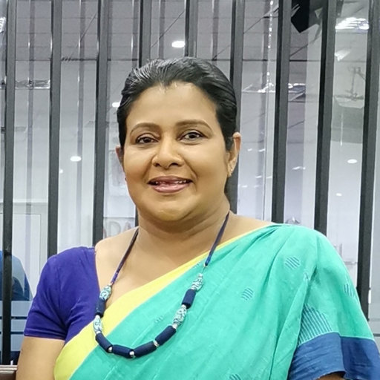 Dr. Anoja Dheerasinghe, MBBS, MSc, MD
Dr. Anoja Dheerasinghe, MBBS, MSc, MD -
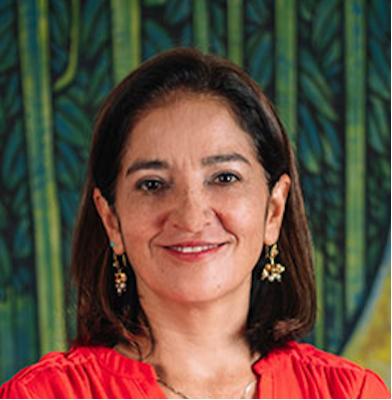 Dr. Gabriela Paz-Bailey, MD, PhD, MSc
Dr. Gabriela Paz-Bailey, MD, PhD, MSc -
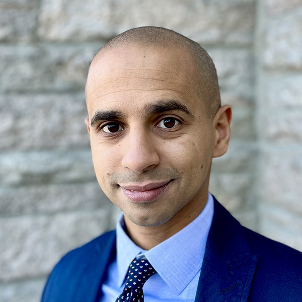 Dr. Amir Mohareb, MD
Dr. Amir Mohareb, MD
The growing threat of Dengue and other arboviruses, such as Zika, Chikungunya, Yellow Fever, and Eastern Equine Encephalitis (EEE), has become a critical public health concern, particularly in tropical and sub-tropical regions, where nearly 4 billion people are at risk, including in the US. This webinar will convene leading experts in virology, infectious diseases, entomology, and public health to discuss the rising frequency and severity of outbreaks. Panelists will explore the global spread of arboviruses, and assess the effectiveness of current prevention and response measures, including vector control and vaccine development. Special attention will be given to gaps in preparedness and the urgent need for coordinated international action, particularly in the context of climate change, urbanization, and strained health infrastructure.
The event is free and open to the public.
About our Speakers
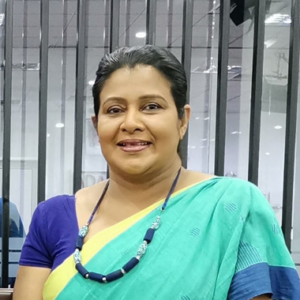
Dr. Anoja Dheerasinghe, MBBS, MSc, MD, Medical Specialist in Public Health at the National Dengue Control Unit of the Ministry of Health, Sri Lanka
Dr Anoja Dheerasinghe is a Medical Specialist in Public Health (Consultant Community Physician) at the National Dengue Control Unit, Ministry of Health, Sri Lanka. She received her MBBS from the University of Kelaniya and her Masters and Doctor of Medicine in Community Medicine from the University of Colombo, Sri Lanka. Later, she obtained her Master’s in Medical Entomology and Applied Parasitology from the Open University of Sri Lanka. Dr. Dheerasinghe is also a member of the Technical Advisory Group for Dengue Prevention and Control in Sri Lanka. Before her current position, she worked as a Consultant Epidemiologist in the Epidemiology Unit in the Western Province, Sri Lanka, where she managed all communicable diseases, including vector-borne diseases such as dengue, malaria, and filariasis. She also served as a medical doctor for the Anti-Malaria Campaign at the Ministry of Health of Sri Lanka during the pre-elimination phase. With over 25 years of experience, she specializes in Neglected Tropical Diseases and malaria.
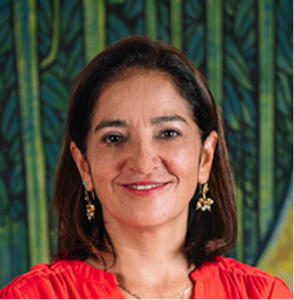
Dr. Gabriela Paz-Bailey, MD, PhD, MSc, Chief of the Dengue Branch at Division of Vector Borne Diseases, Centers for Disease Control and Prevention
Dr. Paz-Bailey is the Chief of the Dengue Brach, Division of Vector Borne Diseases at the Centers for Disease Control and Prevention. She leads the development of research infrastructure in Puerto Rico, to understand health disparities in the epidemiology of arboviruses and the impact of novel interventions. Dr. Paz-Bailey has done extensive work on evaluating new dengue vaccines as CDC lead for the ACIP Dengue Vaccines Workgroup. ACIP recently recommended the use of Sanofi Dengvaxia quadrivalent dengue vaccine in dengue endemic areas in the United States. This vaccine poses unique programmatic challenges to implementation in requiring pre-vaccination screening for prior dengue infection, and messaging regarding its higher risks for dengue severe disease if dengue naives are vaccinated. Two other promising dengue candidate vaccines are in Phase Ill trials. Dr. Paz-Bailey will lead the review of the benefits and harms to present draft recommendations to ACIP.
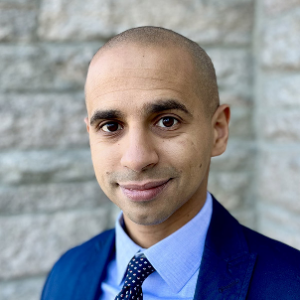
Dr. Amir Mohareb, MD, Director, Research Program on Humanitarian Action, Global Migration, and Infectious Diseases at the Mass General Center for Global Health
Dr. Amir Mohareb is an Infectious Diseases physician at Massachusetts General Hospital and Harvard Medical School. His clinical and research interests center around HIV, viral hepatitis, tropical diseases, and vaccine-preventable infections. His work examines the health effects of migration and forced displacement, with the overall aim of improving clinical, public health, and social policies. He investigates the interaction between human-made and natural humanitarian emergencies and infectious diseases, with an emphasis on vaccine-preventable infections. He uses epidemiology and simulation modeling to better understand how (1) complex humanitarian emergencies contribute to the risk for communicable diseases, especially among people who are displaced, and (2) how infectious diseases can complicate the clinical and public health response to humanitarian emergencies.
Speakers will share their own perspectives; they do not speak for the university.



